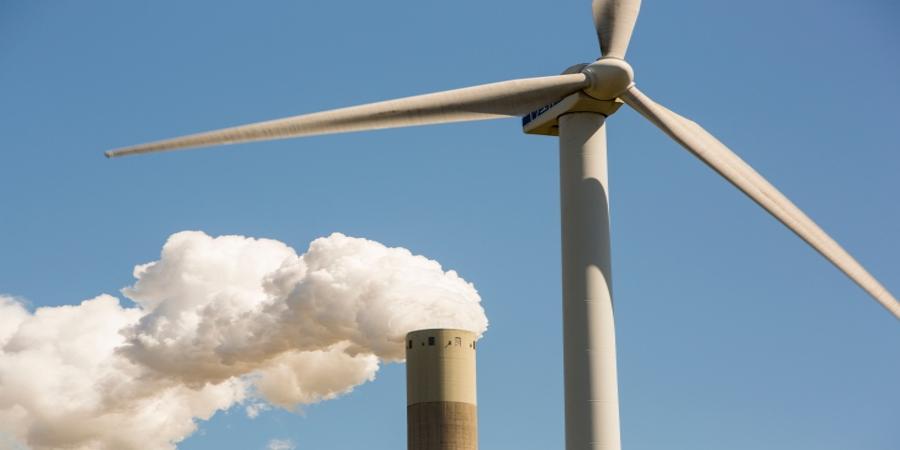This past weekend, the world’s nations wrapped a meeting where they tried to figure out how to deal with climate change. It was the 27th time they’ve done it in as many years. Think about that. We’ve been at this for nearly three decades, and we’re still burning more fossil fuels than ever before.
COP27, as the meeting is known, didn’t start auspiciously — though to be honest, these things are always fraught affairs. Nearly everyone involved is trying to wean the world off carbon, but that doesn’t mean they agree on how to get there. Wealthy nations, having already burned a bunch of fossil fuels, haven’t been keen to pay for it. Poorer countries, who aren’t responsible for much warming at all, just want cheap energy so their people don’t have to live in poverty. Given that cheap energy often comes from the most polluting sources, both camps are usually at loggerheads.
That’s why not many people had high hopes for this Conference of the Parties of the United Nations Framework Convention on Climate Change (COP). That pessimism was partially validated by the fact that COP27 did nothing to rein in runaway carbon pollution.
But it wasn’t all a waste of time and effort. Something beneficial and substantial did emerge: a deal to provide financial support for poorer countries that are most vulnerable to climate change — countries like Bangladesh and the Marshall Islands, which are threatened by rising sea levels, and Pakistan, which suffered record flooding in September.
Poorer countries have been pushing for a loss-and-damage fund for over 30 years, and it appears like they’ll be getting one at last.
The “loss and damage” fund, which was announced yesterday, is still just a skeleton. Countries have another year to work out the details, but here’s the gist: Money will flow from rich countries to “particularly vulnerable” ones to help them mitigate and adapt to a climate that’s increasingly hostile to them.
The modifier “particularly vulnerable” was key to the deal. Wealthy nations didn’t want the fund to benefit those that are doing just fine but are still considered developing under the UN framework — most notably China, which has the world’s second-largest economy, and is building coal plants like there’s no tomorrow. (Remember, it’s taken the world nearly 30 years to get to this point in the negotiations, and China and a handful of other countries have come a long way in that time.)
Source @TechCrunch



